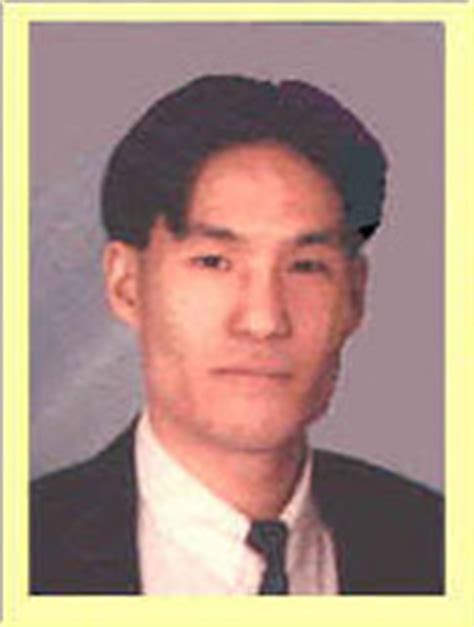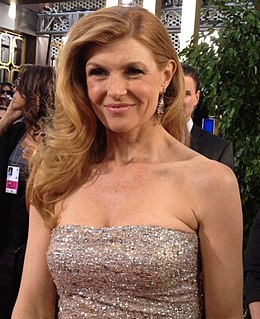A Quote by Laurence Yep
The southern Chinese are a mixture of the Han, or northern Chinese, and the local tribes, some of which allowed women a great deal of freedom - much to the horror of the Chinese who were good Confucians. As a result, the folklore from southern China has strong females; and I found that the folktales mirrored my own experience.
Related Quotes
Right after September 11, 2001, there weren't really any blogs in China, but there were a lot of Chinese chatrooms - and there were a lot of conversations in which Chinese netizens were saying things like, 'served them right.' That was definitely not the official Chinese government policy - which condemned the terrorists.
There are photographers who push for war because they make stories. They search for a Chinese who has a more Chinese are than the others and they end up finding one. They have him take a typically Chinese pose and surround him with chinoiseries. What have they captured on their film? A Chinese? Definitely not: the idea of the Chinese.
Chinese movies are not just about making Chinese local movies. It's about the Chinese money, the Chinese creativeness participating in a global movie. The problem is not the government not supporting this, they of course support this big time. The problem is whether other people are capable of doing the same thing I'm doing.
Social media changed Chinese mindset. More and more Chinese intend to embrace freedom of speech and human rights as their birthright, not some imported American privilege. But also, it gave the Chinese a national public sphere for people to, it's like a training of their citizenship, preparing for future democracy.
The Chinese traditionally have revered age and longevity - I have one and hope for the other! - so, in Taipei, a city-hub for global Chinese who dis-identify with the People's Republic of China's construction of a Communist nationalist Chineseness, I called on the Chinese muse of writing to witness my emergence out of the academic woods.
If you read a lot of Chinese literature, there has always been very strong women figures - warriors, swordswomen - who defended honor and loyalty with the men. So, it's not new to our culture - it's always been very much a part of it. It's good that now the Western audience would have a different image of the Chinese women.





































